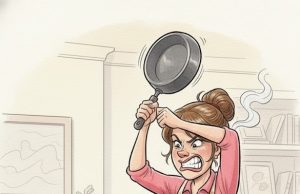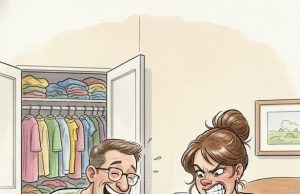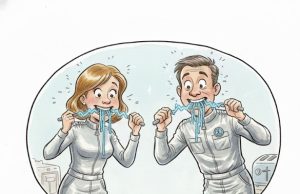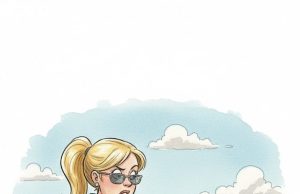One early morning, a trembling woman stepped into my salon, clutching a frayed purse, her eyes swollen from crying.
In a voice barely above a whisper, she said her son was getting married in just a few hours—and all she had was twelve dollars. There was something in her quiet desperation that pierced me deeply; her face carried the weight of years of worry, and her hands told stories of hard labor and sacrifice.
Without a second thought, I guided her to a chair and said gently, “Let’s make you feel like a queen today.” I wanted to give her more than a hairstyle—I wanted to give her back a bit of the dignity life had taken from her.
As I curled her silver hair and brushed soft color onto her tired face, she spoke of her late husband, the man who used to remind her how beautiful she was. When I finally turned her toward the mirror, she smiled—a small, glowing smile that seemed to lift the whole room—and whispered, “I look like myself again.”
She reached for her twelve dollars, but I couldn’t take them.

That day, she left not just looking lovely, but standing taller, ready to attend her son’s wedding with pride.
The next morning, the salon filled with the scent of fresh flowers—a surprise delivery from her. Later that week, her son and his new bride came by, explaining that the flowers were paid for with part of their wedding gift money, a gesture she insisted on to thank me.
That simple act of gratitude moved me more than she could have known.
It inspired me to start offering free beauty sessions once a month to seniors, widows, and anyone going through tough times – a small idea that grew into something much greater: The Mirror Project, a nonprofit devoted to restoring confidence and dignity through care and compassion.
As months passed, the project spread to shelters, nursing homes, and communities far beyond my salon. Every grateful smile, every tear shed in front of a mirror reminded me that beauty isn’t just what we see—it’s what we give.
Then, one day, I received a letter in shaky handwriting from the same woman. She told me she had survived a serious illness and that remembering her reflection that day helped her keep fighting. That woman—with her trembling voice, her twelve dollars, and her unspoken pain—had changed not only her own reflection but also the entire course of my life.




















